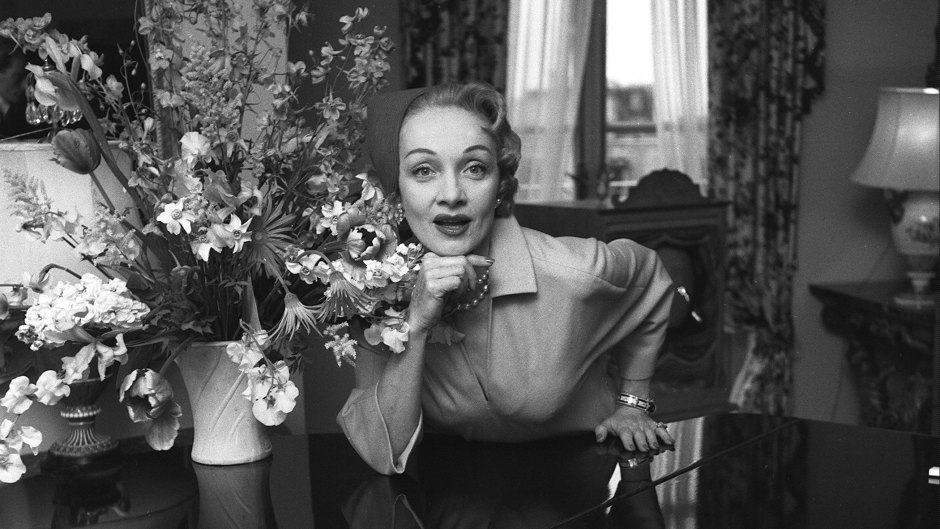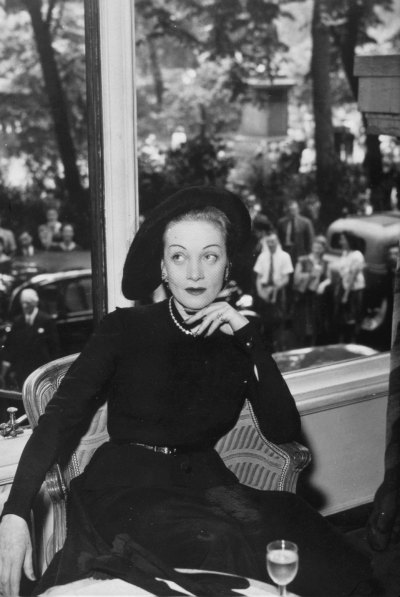
ITV/Shutterstock
Marlene Dietrich’s Grandson Peter Riva Recalls the Actress’ ‘Simple’ Life in Paris Before Her Death
After years of traveling the world with her cabaret act, Marlene Dietrich returned to her Paris apartment at 12 Avenue Montaigne in the mid-1970s to rest. The Berlin-born star of Blue Angel was tired, but not ready to give up on life. In her last 13 years, Marlene wrote a biography, penned hundreds of letters and maintained a lively intellectual life.
“A lot of people say she became a recluse in Paris. But I used to handle her phone bills — $5,000 a month!” her grandson Peter Riva exclusively tells Closer Weekly, on newsstands now. “She wasn’t a recluse. All she did was remove her physical presence.”
The iconic actress and singer, who became an international film star in the 1930s, retired from public life after suffering some health issues and physical setbacks. “She had no plastic surgery or dental implants. She didn’t believe in that, but she knew her physical presence was no longer up to the image she’d created,” explains Peter. “It wasn’t vanity. She felt she had a duty to the pleasure of others.” So when the Academy of Motion Pictures offered her a Lifetime Achievement Award contingent on her presence at the Oscars ceremony, Marlene refused.

In Paris, she made herself comfortable. “She had a simple, one-bedroom apartment with a lovely balcony with geraniums on it,” Peter recalls. “She organized her bedroom with her papers, books, a television set and a phone. The secretary and maids came every day. The hotel would send over anything she wanted. She was like a queen in her little bedroom.”
Until the end of her life, in 1992 at the age of 90, Marlene kept up communication with friends in Hollywood and even advised a few world leaders. “There is a level of respect for her intellect that transcended nationalities,” Peter says. “Nancy Reagan said the last phone call Ronnie made from the White House was to Marlene.”
For more on this story, pick up the latest issue of Closer magazine, on newsstands now.






































